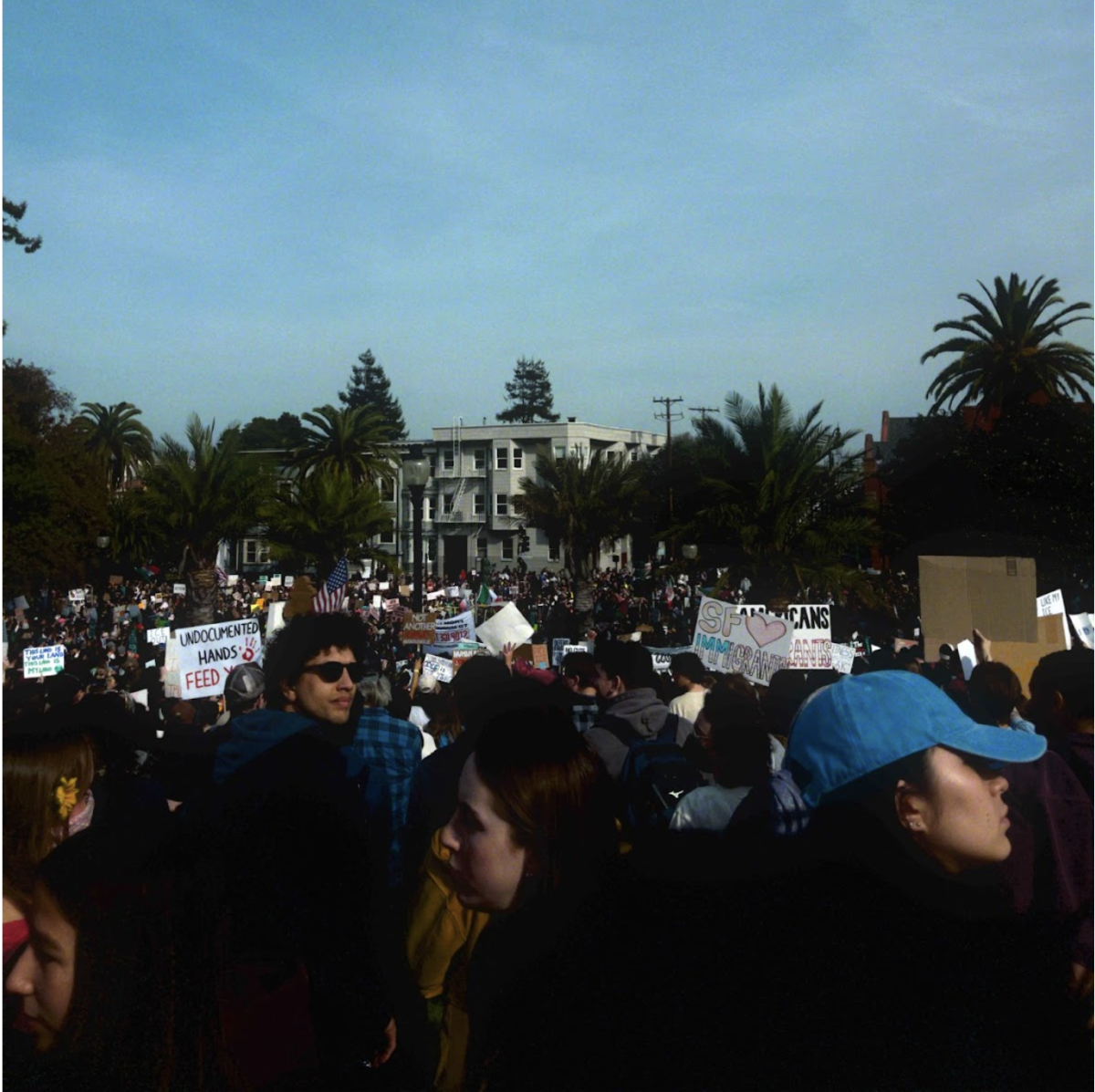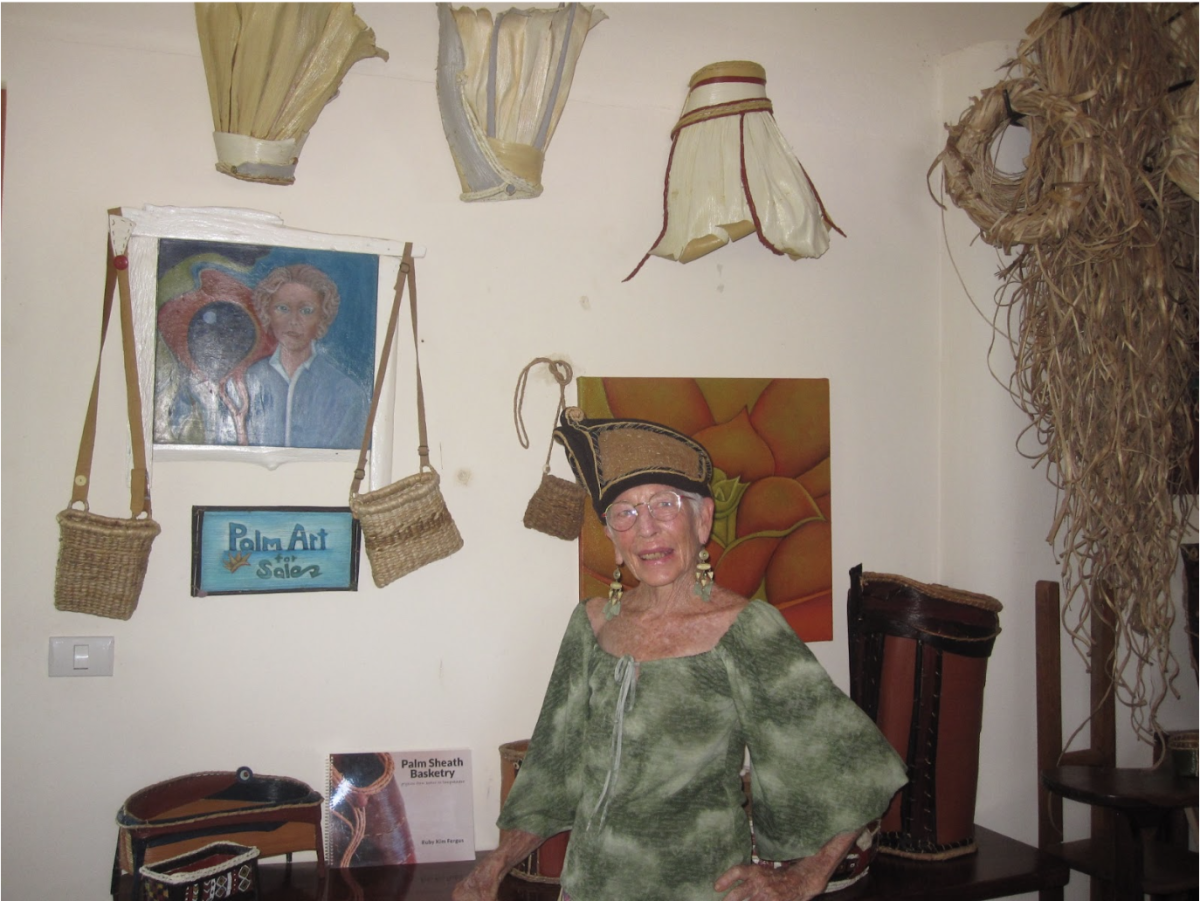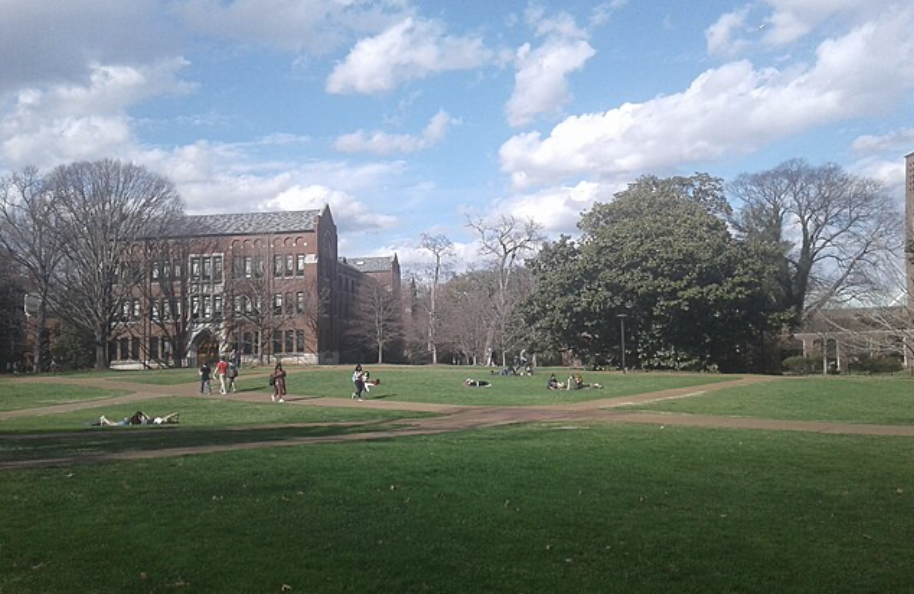Madeleine Ainslie
Design Editor
The day the federal government released a list of 55 colleges and universities under investigation for failing to respond to sexual assault on campus coincided with the deadline for seniors to formally accept offers of admissions from colleges and put down deposits, surprising many new enrollees that their future schools were on the list.
Sitting in Harvard University’s Sanders Theater at the President’s Welcome for the incoming Class of 2018, Harvard President Drew Faust addressed questions from incoming freshmen, including inquiries about the university’s appearance on the list, according to senior Mika Esquivel Varela.
“I was shocked to find out that Harvard was on the list,” Esquivel Varela said. “When I was there at the visiting program, it was addressed and we were told they’re making a plan for prevention and having greater repercussions for perpetrators.”
Schools are cited with violating Title IX, a federal law prohibiting discrimination on the basis of gender in federally funded schools. Title IX, commonly associated with providing equal opportunities for girls and women in athletics, also provides protection and a safe atmosphere for females.
Schools appearing on the list range from small liberal arts colleges to multiple Ivy League universities including, Princeton and Harvard. Several California colleges such as University of California at Berkeley, University of Southern California and Occidental College also made the list.
“As an RA I found that often times first-year students found the lines of consent to be really blurry,” Larkin Grant (’08), who graduated from Occidental in 2012 said. “A lot of people would go out to parties and think that whatever happened was okay — even if it wasn’t.”
One in four women will be sexually assaulted in college, according to One in Four USA, a nonprofit organization striving to prevent rape through education.

“Rape culture is definitely prevalent,” Izzy Borges (’13), who currently attends University of Colorado at Boulder, one of the 55 schools on the list, said. “We get emails when sexual assaults are reported. We usually get at least one, sometimes more, every weekend.”
Many assailants do not understand the parameters of sexual assault, according to One in Four. Of the men who committed rape, 84 percent said that they did not consider their sexual encounter as “rape.”
“When I heard of rape or ‘rape culture,’ I thought that meant strangers coming out from behind bushes and raping others,” Grant said. “Most often the lines are blurred by parties and alcohol and people that you know or may like. Rape culture was present, but I don’t think I knew what that word meant as a first-year student.”
Rape culture, which normalizes rape as part of a party scene, frequently blames the victim instead of the perpetrator.
A verified, anonymous source recounted her battle with the administration in a recent op-ed piece in The Harvard Crimson about the measures taken — or not taken — after she was sexually assaulted by an acquaintance.
“I’m exhausted from avoiding the laundry room, the House [sic] library and the mailroom because I’m scared of who I will run into,” the author wrote. “More than anything, I’m exhausted from living in the same House as the student who sexually assaulted me nine months ago.”
Many of the 55 colleges and universities are accused reacting similarly, failing to report sexual assaults to police or law enforcement. Often times at Occidental, the assailant only received a slap on the wrist which sent out a bad message, according to Grant.
“I disagreed most with how the reporting process happened,” Grant said. “It was a long drawn-out process and often times their attacker would still be in their dorms and in their classes. It was extremely traumatizing for the survivor.”
Many schools have mandatory seminars on sexual abuse education, but students often see them as ineffective or unclear, according to Rebecca Siegel (’13), who currently attends University of Southern California.
“They didn’t make it very clear for college students,” Siegel said. “Especially things like what’s okay and what’s not. There needs to be a more definitive line established for college students about what rape is.”
Other problems with rape education occurred through the transfer of information, according to Grant.
“If you are under the influences of alcohol, technically you cannot give consent, so that could be considered rape,” Grant said. “They stated that at orientation, but it was presented in a comedic skit so students would go home making fun of the presentation they saw. The RAs tried to put out information, but I think that it needed to be laid out more sternly.”
Although some schools have implemented safety measures taken to prevent assault, both sexual and otherwise, it is not enough, according to Borges.
“We have these poles with a blue light at the top for emergencies,” Borges said. “They’re all around campus, so if people feel like they’re in danger they can press a button and campus police will come and escort them home. That’s one thing that school does to prevent rape, but that’s about it. Sexual assault happens pretty often, so I’m surprised that we don’t have more campus police around, especially on party nights.”
Fifty percent of gang rapes on college campuses are committed by fraternities, 40 percent by sports teams and five percent are committed by other parties according to One in Four. Colleges have responded to increased sexual assault in fraternities at USC by monitoring some parties, according to Siegel.
“Recently there’s been school security that keeps girls from going upstairs at frats at parties,” Siegel said. “It helps because no guy can randomly take a girl upstairs.”
Preceding the announcement of the list of colleges under investigation, the Obama administration enumerated a series of actions it will take to combat sexual assault in colleges, one of which is a series of surveys evaluating attitudes and awareness regarding rape.
“Colleges and universities need to face the facts about sexual assault,” Vice President Joe Biden said in a statement last month. “No more turning a blind eye or pretending it doesn’t exist.”
Schools often do little to advocate for survivors of sexual assault, and frequently allow the perpetrator to live in the same housing complexes as those they assaulted, resulting in a feeling of disempowerment, according to the Crimson’s anonymous author.
“My assailant will remain unpunished, and life on this campus will continue its course as if nothing had happened,” she wrote. “Today, Harvard, I am writing to let you know that you have won.”














